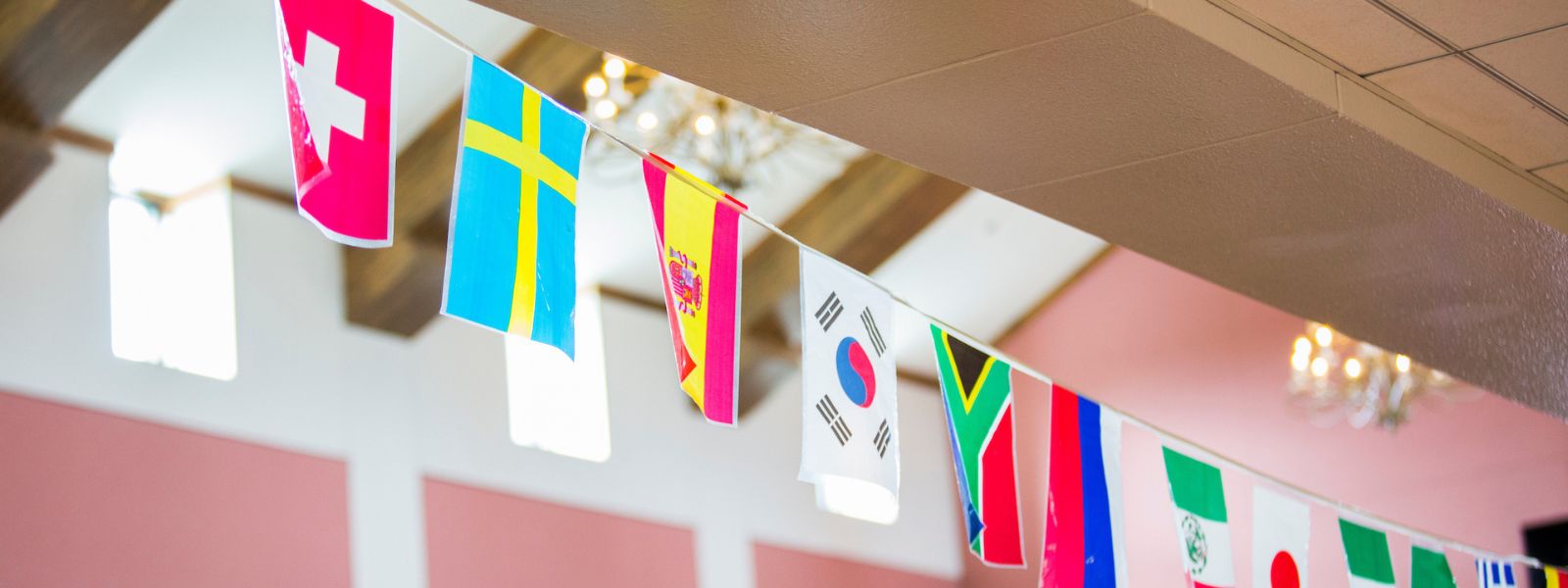
Writing and Language Studies Faculty Publications
Document Type
Book Chapter
Publication Date
4-2024
Abstract
This chapter explores the many components that are involved in creating a student-based sociolinguistic corpus. Sociolinguistic corpora can be used as tools for social justice in that they promote local (or often stigmatized) varieties of language and students who speak said varieties often experience heightened language pride or greater esteem for their own language. Using the Corpus del Español en el Sur de Arizona (Carvalho 2012-) and the Corpus Bilingüe del Valle (Christoffersen and Bessett 2019-) as models, this chapter first details how to build the corpus, including the documents needed, the interview protocol, the transcription protocol, and the creation of a website. Next, since the most daunting and time-consuming task is transcription, we report the results of field trials with various technologically-aided transcription methods to help improve the process. Lastly, we explore the ways in which the corpus can be used to promote social justice and how to incorporate the corpus into the classroom. By providing and explaining the tools necessary to create a corpus, we hope this chapter inspires others to create student-based semi-open sociolinguistic corpora throughout the United States and around the world.
Recommended Citation
Bessett, Ryan M., Christoffersen, Katherine, Carvalho, Ana M., Calafate, Isabella and Vega Mudy, Mayte. "Developing Community-Based Sociolinguistic Corpora to Promote Social Justice". Digital Flux, Linguistic Justice and Minoritized Languages, edited by Covadonga Lamar Prieto and Álvaro González Alba, Berlin, Boston: De Gruyter, 2024, pp. 195-214. https://doi.org/10.1515/9783110799392-011
Publication Title
Digital Flux, Linguistic Justice and Minoritized Languages
DOI
10.1515/9783110799392-011


Comments
Original published version available at https://doi.org/10.1515/9783110799392-011